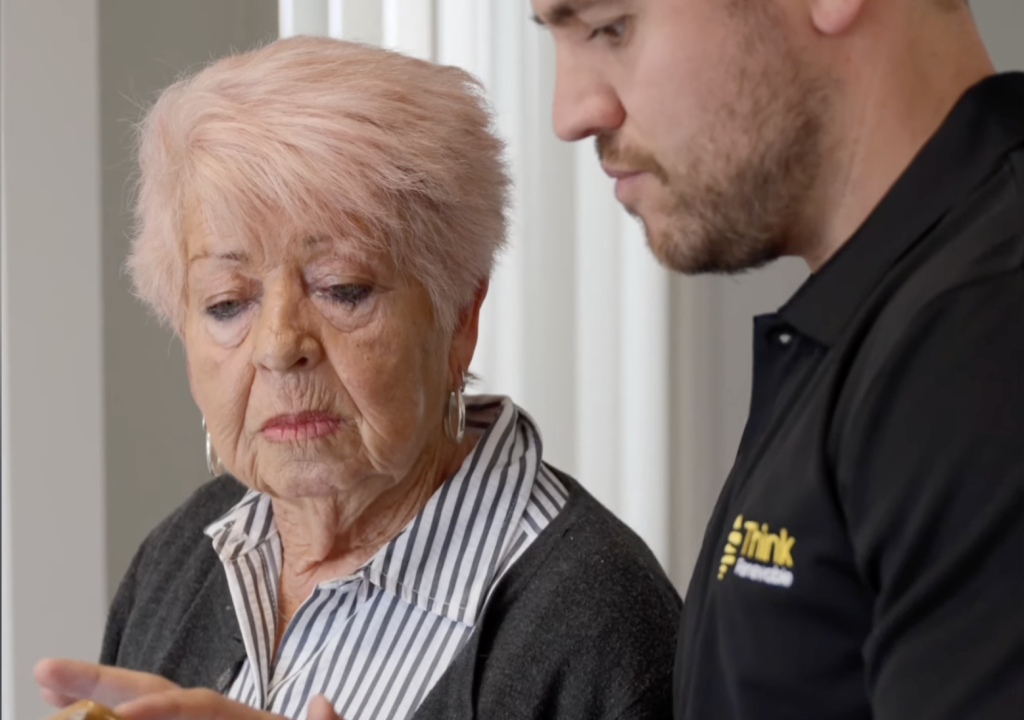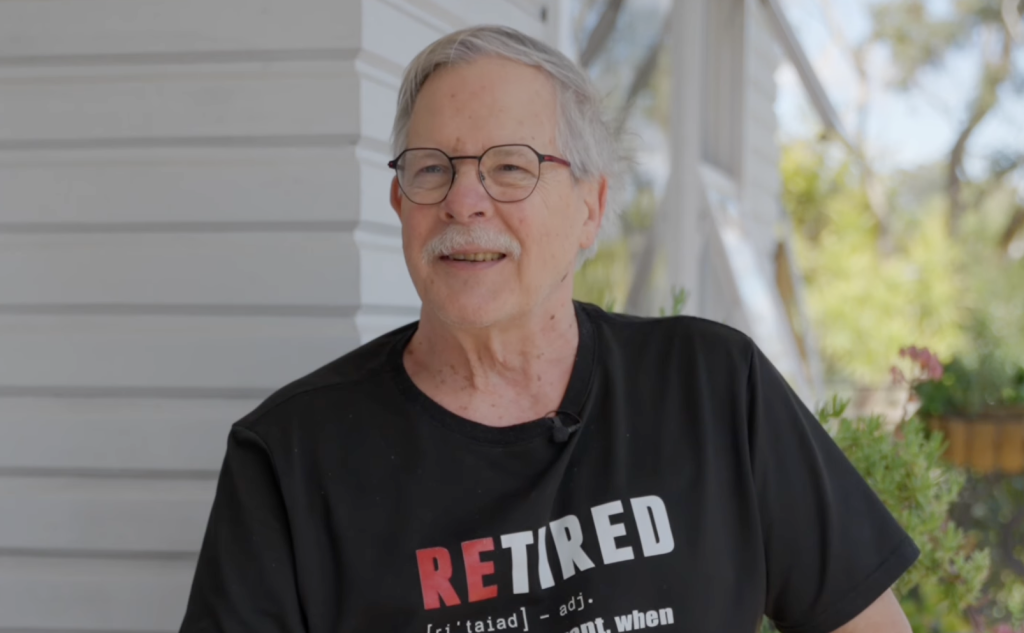As the world embraces sustainable living, many Australian homeowners are considering the benefits of installing solar panels and solar battery systems. But it’s one thing to go more sustainable, and another thing to pay for it – which begs the important question: Does solar increase home value?
We’ve found figures to help you understand how solar impacts prices, whether buyers will pay more and how it impacts the rental market. Let’s take a look.
Is there demand for solar-powered homes in Australia?
Data suggests that 77% of local homeowners feel solar and battery installations increase the value of a property, believing a home is more valuable with than without (Canstar Blue). Additionally, the amount of solar power capacity across Australia is increasing (by 3.1 gigawatts last year alone), brought in by households and small businesses (Clean Energy Council).
What that tells us is that with buyers viewing it as valuable and solar capacity on the increase, there’s a strong market for solar, and that market is growing.
So that ticks our first box – yes, there’s demand for residential solar in this country.
Learn more: What is a solar battery storage system?
How much does solar increase a home’s value?
Installing solar panels and battery storage (among other energy-saving features) to your property could increase its value to the tune of $125,000 or higher.
According to Domain’s research, energy efficient homes – which include features like solar – can increase a property’s value by around 17.1% (houses), or 12.7% (units). Researchers noted that they saw eco-friendly houses sell for consistently higher than non-eco-friendly houses.
From a buyer’s perspective, RealEstate.com.au found that 81% of homebuyers consider sustainability features such as solar to be critical in their decision-making. Nearly 90% are also willing to pay extra for a home with these features.
Do houses with solar sell faster?
Yes, houses with energy efficient features seem to sell faster than houses without.
In that same Domain report from earlier, researchers noted that properties with solar spend less time on the market and earn a higher volume of views than their counterparts. Both houses and units sold nearly 4% more quickly, and received 8.7% more views.
Impact on rental properties
Solar and battery storage aren’t just for owner-occupiers. Landlords are finding that by installing energy-efficient systems onto their rental properties, they can access certain government rebates and earn a higher rental return per year.
For example, Victoria’s Solar for Rentals program currently offers landlords a rebate of up to $1,400 for installing solar panels – though you’d need to get in quick if you want to access this, as rebates don’t usually stay available forever.
As for rental yields, this paper found that landlords have been able to benefit from investments in solar panels through charging a higher rent (about $19 weekly), paying back their solar systems in around five years.
Renters can also benefit from significantly reduced electricity bills in properties with solar panels, which can offset slightly higher rents. This makes energy-efficient homes more attractive to renters, creating a win-win for both parties.
Learn more: Are you eligible for NSW’s new battery rebate program?
Do solar systems earn their costs back?
Solar panels and solar battery storage systems are designed to offer significant long-term savings. By harnessing the sun’s energy during the day and storing excess energy in a solar battery, it can increase your energy independence and maximise the financial benefits, with an aim to earn the system’s installation and maintenance costs back within a few years.
This is called the payback period, and it’s different across Australia. Assuming you have a 3 kW system, if you live in Brisbane, it could take about five years – higher for Canberra, Darwin, Hobart and Melbourne, lower for Sydney, Perth and Adelaide (Australian Energy Council).
Differently sized systems also pay themselves back at different speeds. For example that same report found that homeowners in Melbourne might pay their costs back in less time with a 5 kW system than a 3 kW one.
Learn more: How much could you save? Try our Savings Calculator
Government incentives and solar rebates
Australian homeowners might be able to increase their home’s value at a reduced cost (bringing down that payback period too) by taking advantage of various rebates and incentives designed to reduce the initial cost of installing solar panels and batteries.
Some states offer rebates specifically aimed at rental properties (like VIC), while others offer incentives for both homeowners and businesses.
In New South Wales, for example, the Small-Scale Renewable Energy Scheme (SRES) allows homeowners to receive financial incentives for installing solar panels as part of the broader effort to increase renewable energy adoption across the country.
Not sure what’s available in your area? Contact our team – helping you save is part of our service.
So, is solar a good investment in Australia?
Every home is different so it’s not possible to answer this question definitively, but at time of writing there are a lot of signs pointing to solar being a good investment in the Australian real estate market.
To summarise everything we’ve seen in this article today:
| Avg. increase in house value | 17.1% |
| Avg. increase in unit value | 12.7% |
| No. of buyers willing to pay extra | 87% |
| Avg. reduction in time on market | 4% |
| Avg. increase in views | 8.7% |
| Avg. increased weekly rent | $19 |
| Avg. payback period | 5 years |
Note: These figures change regularly with the fluctuating market and economy. Before making any major financial decisions about selling your home, consider consulting a professional advisor. Or for assistance understanding what solar power system would work for your property, contact the Think team.
Ready to boost your property value with solar? Let’s talk
We’re an award-winning, accredited solar installer with offices across Australia. When you need help figuring out what size of solar system is right for you, or whether to get battery storage, or have any other questions to do with going energy independent, we’re here for you.
Book a consultation with our experts today and we’ll talk you through your options.




